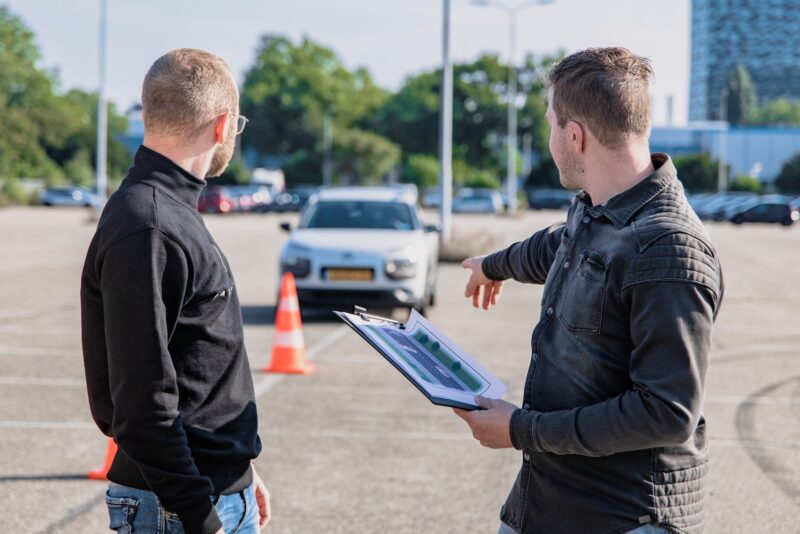The teenage years are a pivotal time for learning and growth, and one significant milestone that many teens—and their parents—face is learning to drive. Handing over the car keys to your teenager can be a daunting prospect, but with the right education and habits, you can help ensure they practice safe driving. Teaching your teenager to be a responsible driver is imperative for their safety and the safety of others on the road.
Start With The Basics
Before your teenager gets behind the wheel, make sure they have a solid understanding of the rules of the road. This includes everything from traffic laws to the meaning of road signs and signals. Driver’s education classes are an excellent resource for this foundational knowledge. As the Dallas law firm at Mathias Raphael PLLC Accident & Injury Lawyers stress, a strong grasp of these basics is instrumental in fostering a culture of safety and compliance with driving laws, laying a solid groundwork for their journey as a responsible driver.
Setting a Good Example
Remember, teens learn by example. The way you drive, how you handle stress while driving, and how you manage distractions are all lessons for your young driver. Address the issue of road rage directly with your teen. Explain the dangers and consequences of aggressive driving behaviors and illustrate alternative ways to handle frustrating situations while driving. Be a role model by consistently practicing safe driving habits whenever you’re behind the wheel.
Essential Safe Driving Practices
Defensive Driving
Teach your teen the importance of defensive driving. This includes being aware of the actions of other drivers and anticipating potential problems before they occur. Encourage them to maintain a safe following distance, regularly check mirrors, and always have an exit plan in case they need to avoid a sudden hazard.
Controlling Speed
Speed control is vital. Emphasize the importance of following speed limits and adjusting speed according to road conditions, weather, and visibility. Teens should understand that driving too fast increases the chance of accidents and reduces their reaction time.
Eliminating Distractions
Distracted driving is a leading cause of accidents among teens. Stress the importance of keeping their phone out of reach while driving to avoid the temptation to text or call. Additionally, encourage them to set their GPS and playlists before starting the car to minimize distractions.
The Impact of Peer Pressure
Discuss how peer pressure can affect driving habits. Teens should feel empowered to make smart choices even if friends encourage risky behavior. Encourage them to speak up if someone else is driving dangerously.
Practicing in Different Conditions
Provide supervised driving practice in various conditions. Along with clear-weather driving, ensure your teen has experience with nighttime driving, inclement weather, and navigating different road types. More diverse driving experience will prepare them for a wide range of scenarios.
Vehicle Maintenance Knowledge
Good vehicle maintenance contributes to safer driving. Teach your teenager how to check tire pressure, fluid levels, and how to perform other basic maintenance tasks. A well-maintained vehicle is less likely to have mechanical issues that could lead to accidents.
Using Technology Responsibly
Leverage technology to foster safe driving habits:
Monitoring Apps: Consider using apps that monitor driving habits or disable smartphones while the car is moving.
Hands-Free Devices: If needed, equip the car with hands-free devices to allow for voice controls, avoiding holding the phone while driving.
Encouraging Ongoing Education
Driving education doesn’t stop once your teen gets their license. Encourage continuous learning through advanced driving courses, which can provide additional skills in defensive driving and accident avoidance.
The Role of Communication
Open, honest communication is key. Have regular check-ins about driving experiences, encourage questions, and discuss any fears or uncertainties. Reassure them that it’s okay to pull over to a safe location if they feel overwhelmed or to call for help if they’re in an uncertain situation.
By taking an active role in teaching your teenager safe driving practices, you can help them develop into responsible drivers. It’s about instilling habits and mindsets that will stay with them for a lifetime on the road. Safety is a shared responsibility, and with the right approach, driving can become a positive and liberating part of your teen’s journey to adulthood.

